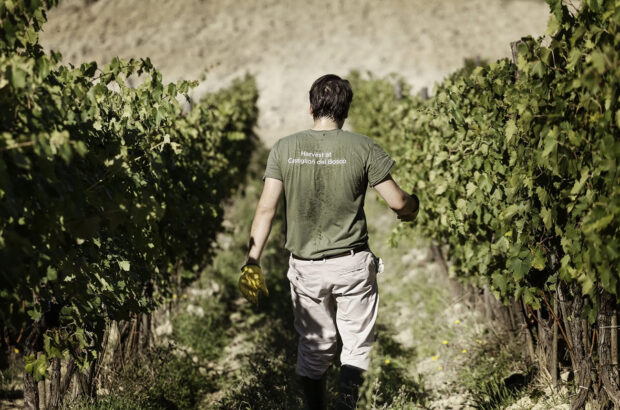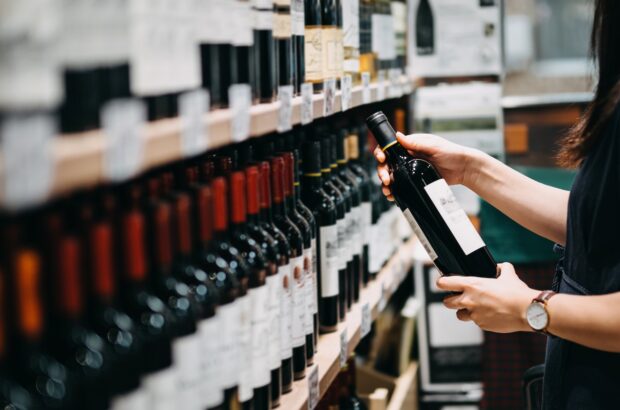Wine merchant Berry Bros & Rudd warns European trade is being 'bombarded' by UK-based wine scams.
Wineries across Europe are being scammed out of hundreds of thousands of Euros by conmen impersonating buyers at bona fide wine merchants such as Berry Bros & Rudd.
A fraud unit set up by the UK Wine & Spirit Trade Association (WSTA) has tracked attempted wine scams worth an estimated £1.6m since May 2011. Around a third of those have been successful, the trade body has told Decanter.com.
‘There are probably more which have not been reported,’ said the WSTA’s David Tromans.
Scammers commonly pose as buyers at genuine wine merchants, such as Berry Bros or Bibendum. Recently, a person calling himself Sam Cocks has been emailing wineries, including Bordeaux chateaux, and negociants and posing as an employee from Berry Bros’ marketing department.
‘They use headed paper, VAT numbers and Coface insurance,’ said Berry Bros’ Bordeaux buyer, Max Lalondrelle, who has himself been impersonated by fraudsters. ‘If someone doesn’t know us, it’s very easy to get caught out.
‘They send the wine to these people, who collect it somewhere in London. Three weeks later, they call us and we have to tell them that we didn’t order any wine from them.’
Wine often gets shipped to an address in East London, sometimes to mass storage warehouses. ‘We don’t know what happens to it after that,’ Lalondrelle said.
He said he is constantly getting emails from suspicious suppliers. ‘It happens so often. The [scammers] send out the emails in batches, so I get ten to 15 emails every three or four weeks with people asking if it’s really us.’
Decanter.com understands that there is frustration in some parts of the wine trade at a lack of police action. However, WSTA has worked with London’s Metropolitan Police to produce guidelines in several European languages on how to avoid becoming a victim of wine scams.
It warns wineries and suppliers to check email addresses carefully and be wary of requests for speedy payment or strange delivery addresses.
Spelling and grammatical errors are also a giveaway. One scam email passed to Decanter.com requests ‘Crystal Roederer’ Champagne, instead of ‘Cristal’, and Henri Jayer ‘Richbourg’, which should be spelt ‘Richebourg’.
Written by Chris Mercer







